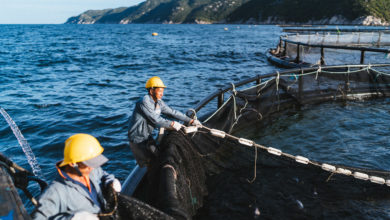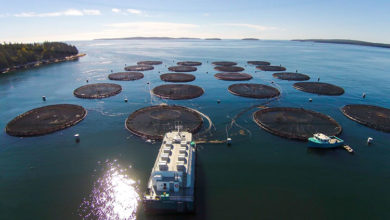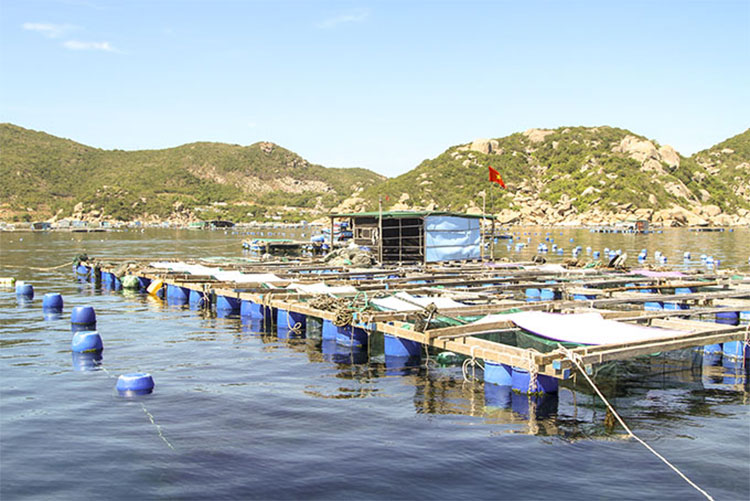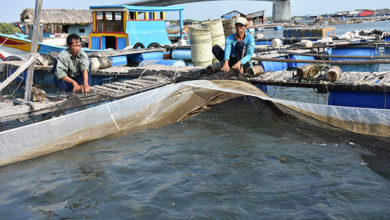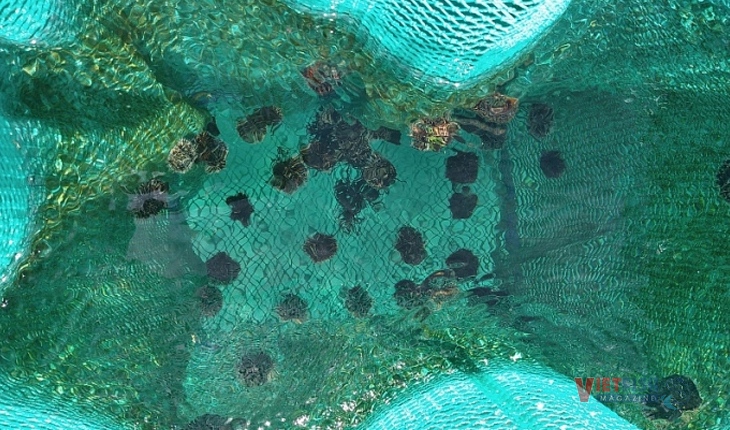The future of sustainable marine aquaculture for Vietnam and Norway
Marine spatial planning, enhancing forecasting capabilities, and providing marine insurance are key focus areas in the aquaculture cooperation between Vietnam and Norway.
Over four decades of close collaboration between Norway and Vietnam in the fisheries sector have laid the foundation for offshore aquaculture development. This field has increasingly demonstrated its efficiency, not only environmentally since the blue economy relies on healthy oceans but also in terms of high productivity. With long coastlines, both Vietnam and Norway enjoy advantages in seafood export and share strong commitments to bilateral marine aquaculture cooperation.
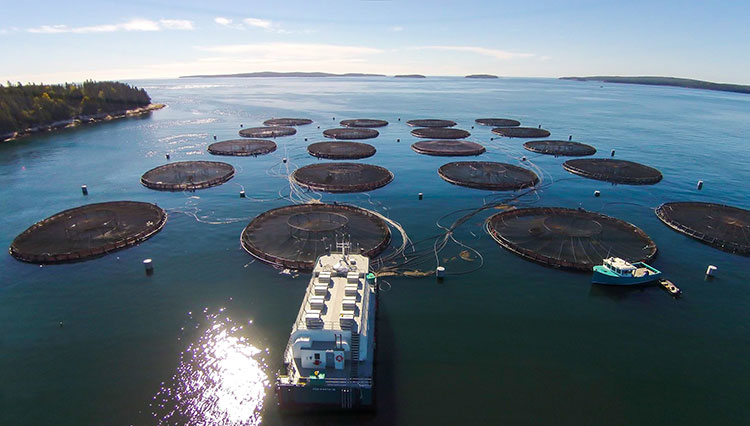
Opportunities for the blue economy
As a country with abundant marine resources, ocean-based industries are Norway’s core strengths. In other words, aquaculture has long been intertwined with the economic, historical, and social flow of coastal communities in this Nordic nation. For marine farming, Norway prioritizes science-based solutions.
With its extensive experience and long-standing fisheries tradition, Norway has played a crucial role in supporting Vietnam to develop marine farming concepts, contributing to the issuance of Decision 1664/QD-TTg in 2023, which outlines strategies for aquaculture development in the East Sea. This decision aims to expand marine farming areas and boost export value by 2030, with a vision toward 2045.
Hilde Solbakken, Norwegian Ambassador to Vietnam, stated that sustainable marine economic development must start with a comprehensive understanding of weather patterns. Once scientific data on hydrology is available, it can be used to plan farming areas, ensuring that fish farms and fishing vessels can withstand specific wind and wave conditions. Norway will support setting standards for design, area planning, and enhancing the resilience of fish farms to climate impacts.
Reflecting on the Sustainable Marine Aquaculture Development Conference held in Quang Ninh in April 2024, Vietnam’s potential to harness and develop its marine resources remains significant and is a top national priority.
The Norwegian Ambassador highly appreciated Vietnam’s initiatives: “Your policies harmoniously combine economic development with ecosystem and biodiversity conservation while integrating resources from industries such as oil and gas, shipbuilding, and marine transportation. Many Norwegian businesses have expressed interest in shipbuilding and value chains related to offshore wind energy in Vietnam.”
Furthermore, Vietnam’s open policies have attracted interest from some Norwegian companies, particularly in the production of equipment for the aquaculture sector. The similarities in maritime and green shipping fields are expected to open up robust cooperation opportunities between the two nations.
Scientific solutions to mitigate natural disaster risks
Years of collaboration between Vietnam’s General Department of Hydrometeorology and Norway’s Meteorological Agency have yielded effective knowledge sharing in marine management. In past decades, using models to analyze data on sea waves, water levels, wave directions, and currents, the two sides have provided accurate forecasts on climate change impacts on coastal areas, enabling proactive and appropriate response scenarios.
“For Vietnam’s aquaculture industry, marine spatial planning and the ability to conduct sector-wide planning are key areas where Norway seeks to assist,” said Hilde Solbakken. The Ambassador emphasized the comprehensive role of marine spatial planning in the fisheries and fishing sectors. Amid increasing climate change and natural disasters, it is essential for all areas of the blue economy to coordinate harmoniously and prepare for risk scenarios.
Norway has been sharing experiences, promoting research, transferring technology, and setting equipment standards to support Vietnam in developing large-scale offshore fish farms.
After the severe damage caused by Typhoon Yagi, providing insurance for fishermen and small-scale aquaculture farms has become a key focus. Ambassador Hilde Solbakken emphasized, “To prepare for the future, where the effects of climate change will become more apparent, it is crucial to support loans for upgrading infrastructure to meet new standards. This is a critical step to address the environmental challenges Vietnam faces and will continue to encounter.”
Sharing Norway’s aquaculture experiences, Hilde Solbakken highlighted the impact of extreme weather on her nation’s marine areas. Rising sea temperatures in recent years have altered fish habitats, forcing species to move to colder waters.
“Our fishermen have had to search for fish in offshore areas or other domestic waters, facing many new challenges. Additionally, even a slight increase in offshore wind speeds can significantly reduce the number of days fishermen can operate at sea annually,” the Ambassador analyzed.
To address these changes, the Norwegian government focuses on improving databases and enhancing marine scientific research capacity. Numerous studies, based on United Nations climate change reports, have been conducted and tailored to Norway’s marine regions. Using collected data, weather and climate forecasting systems have been adjusted and upgraded to help fishermen and marine industries cope with environmental changes.
Clean oceans, sustainable economy
Norway and Vietnam share a common interest in protecting the oceans and maintaining marine ecosystem balance. The cooperative activities between the two nations, whether direct or indirect, aim toward this goal. According to Ambassador Hilde Solbakken, the foundation for bilateral cooperation is very solid, especially as Vietnam has identified marine aquaculture as a priority sector. Sustainability is considered a guiding principle throughout the development process.
Beyond economic development, Vietnam has also collaborated strongly with Norway on marine environmental protection projects, particularly through initiatives to reduce plastic waste. Specific activities include research and implementation of programs to assist fishermen in collecting plastic waste and bringing it back to ports for processing, building recycling facilities, connecting freelance waste collectors with recycling units, and integrating recycled waste into economic value chains.
Norway also collaborates with Vietnam’s cement industry, applying advanced technologies to replace part or all of coal with non-recyclable plastics and low-value waste, contributing to reducing greenhouse gas emissions and efficiently handling waste.
VFM


